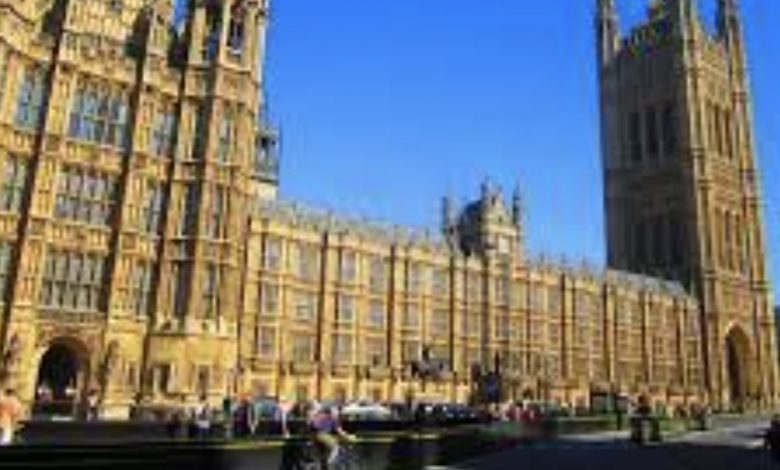The United Kingdom

The United Kingdom does not have a single legal system as Article 19 of the 1706 Treaty of Union provided for the continuation of Scotland’s separate legal system.[225] Today the UK has three distinct systems of law: English law, Northern Ireland law
and Scots law. A new Supreme Court of the United Kingdom came into being in October 2009 to replace the Appellate Committee of the House of Lords.[226][227] The Judicial Committee of the Privy Council, including the same members as the Supreme Court, is the highest court of appeal for several independent Commonwealth countries, the British Overseas Territories and the Crown Dependencies.[228]
The High Court of Justiciary – the supreme criminal court of Scotland
Both English law, which applies in England and Wales, and Northern Ireland law are based on common-law principles.[229] The essence of common law is that, subject to statute, the law is developed by judges in courts, applying statute, precedent and common sense to the facts before them to give explanatory judgements of the relevant legal principles, which are reported and bi
nding in future similar cases (stare decisis).[230] The courts of England and Wales are headed by the Senior Courts of England and Wales, consisting of the Court of Appeal, the High Court of Justice (for civil cases) and the Crown Court (for criminal cases). The Supreme Court is the highest court in the land for both criminal and civil appeal cases in England, Wales and Northern Ireland and any decision it makes is binding on every other court in the same jurisdiction, often having a persuasive effect in other jurisdictions.[231]
